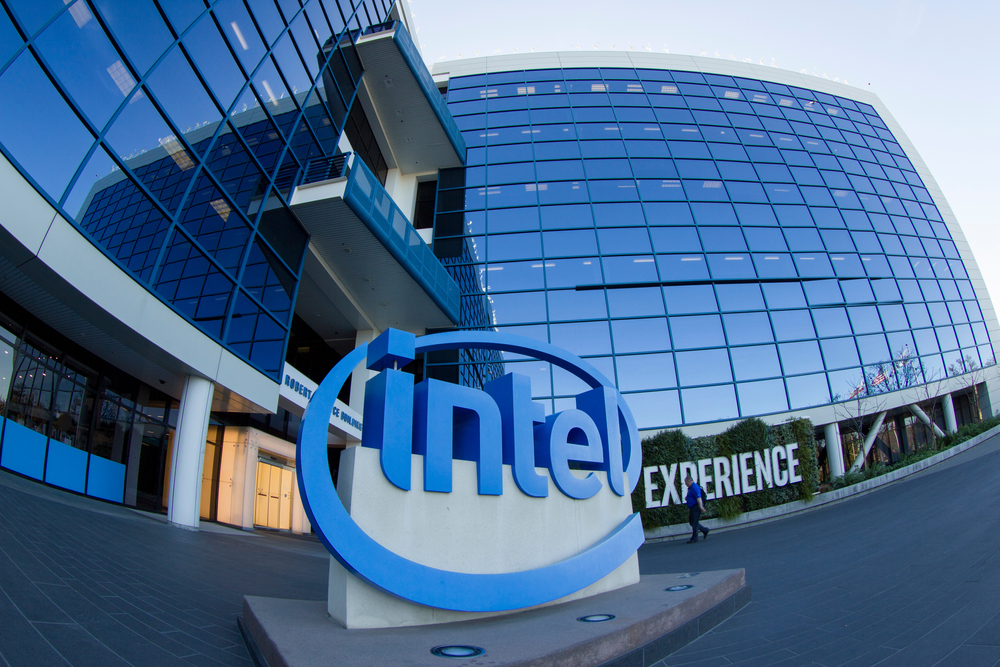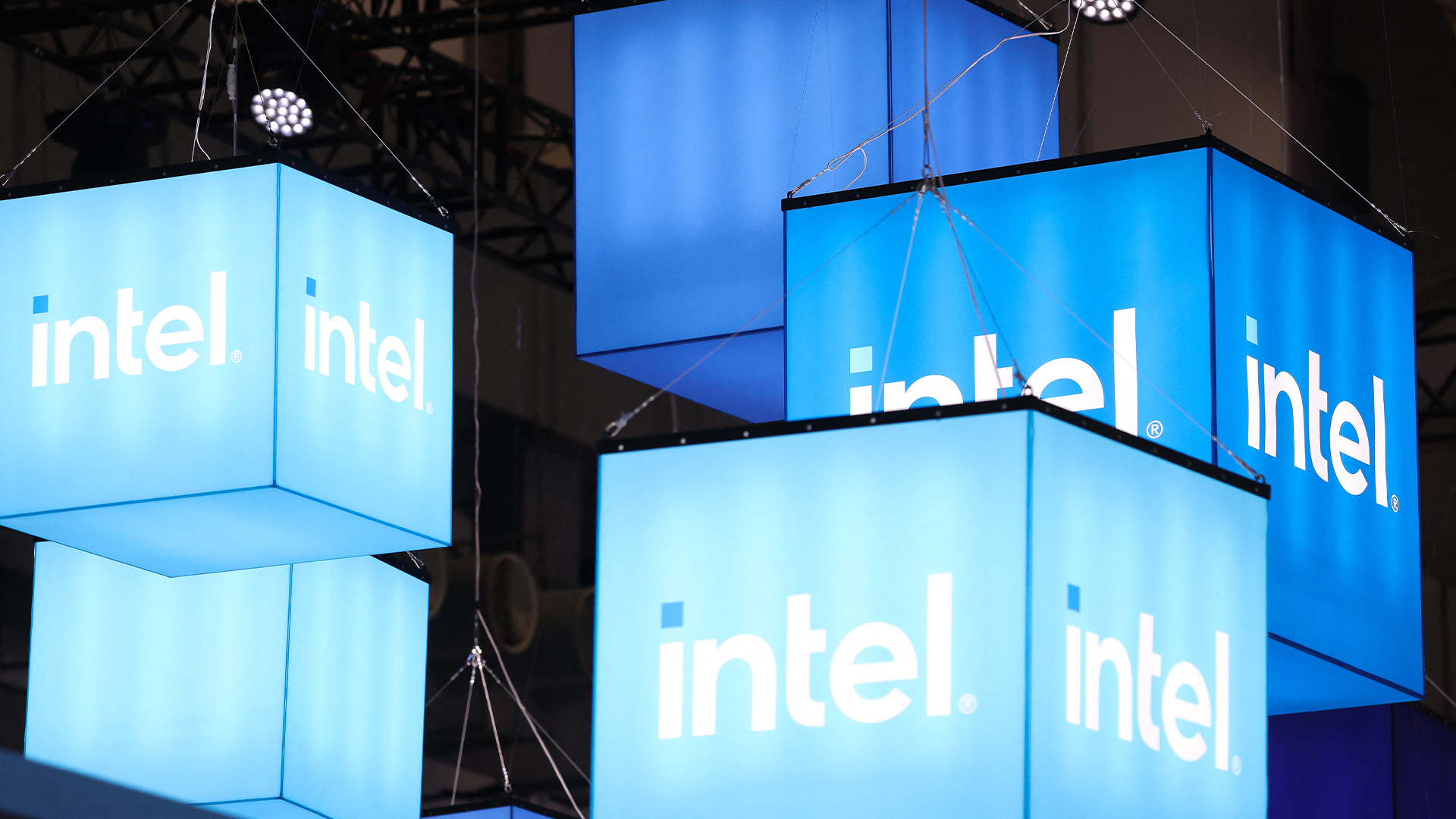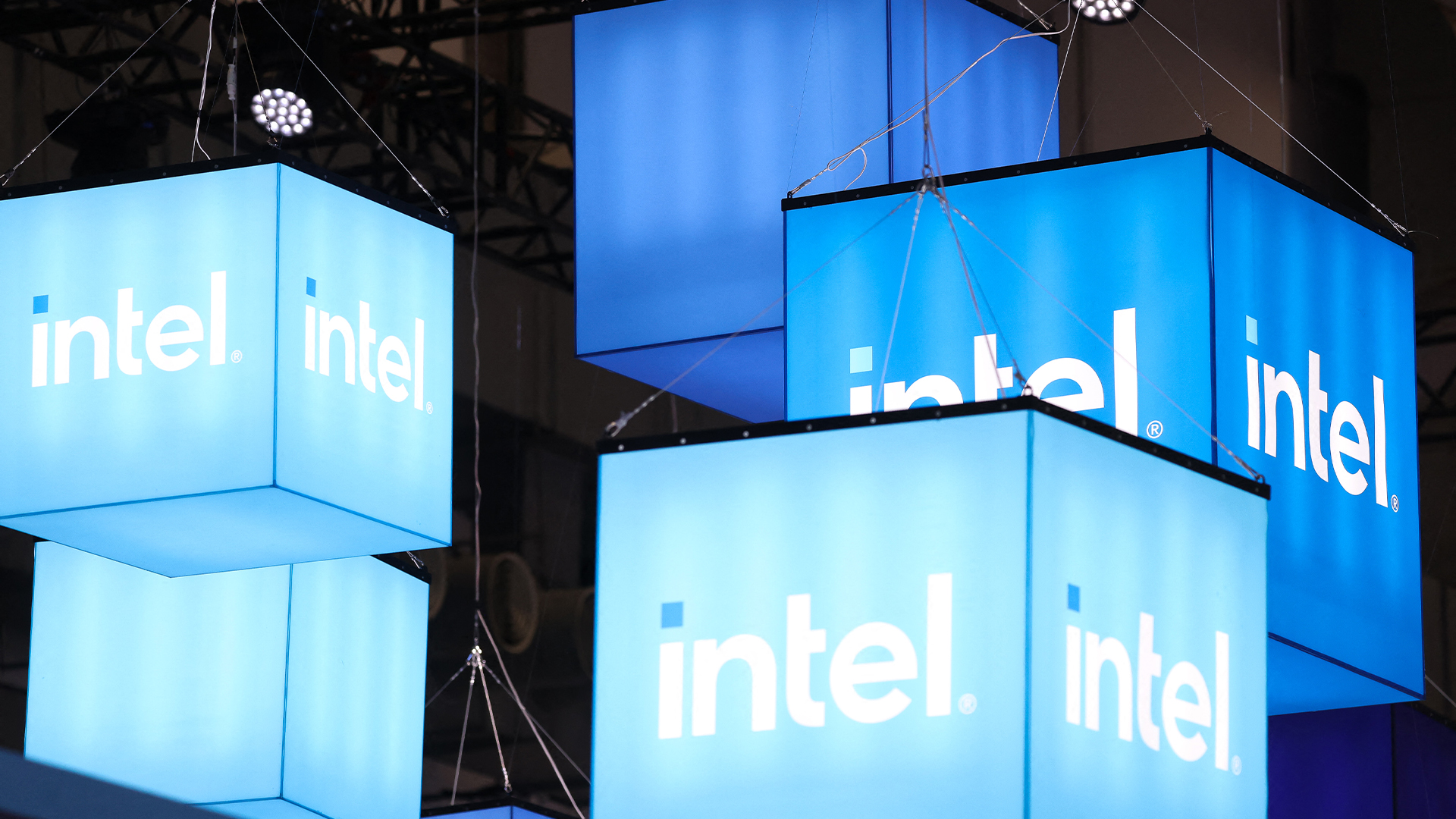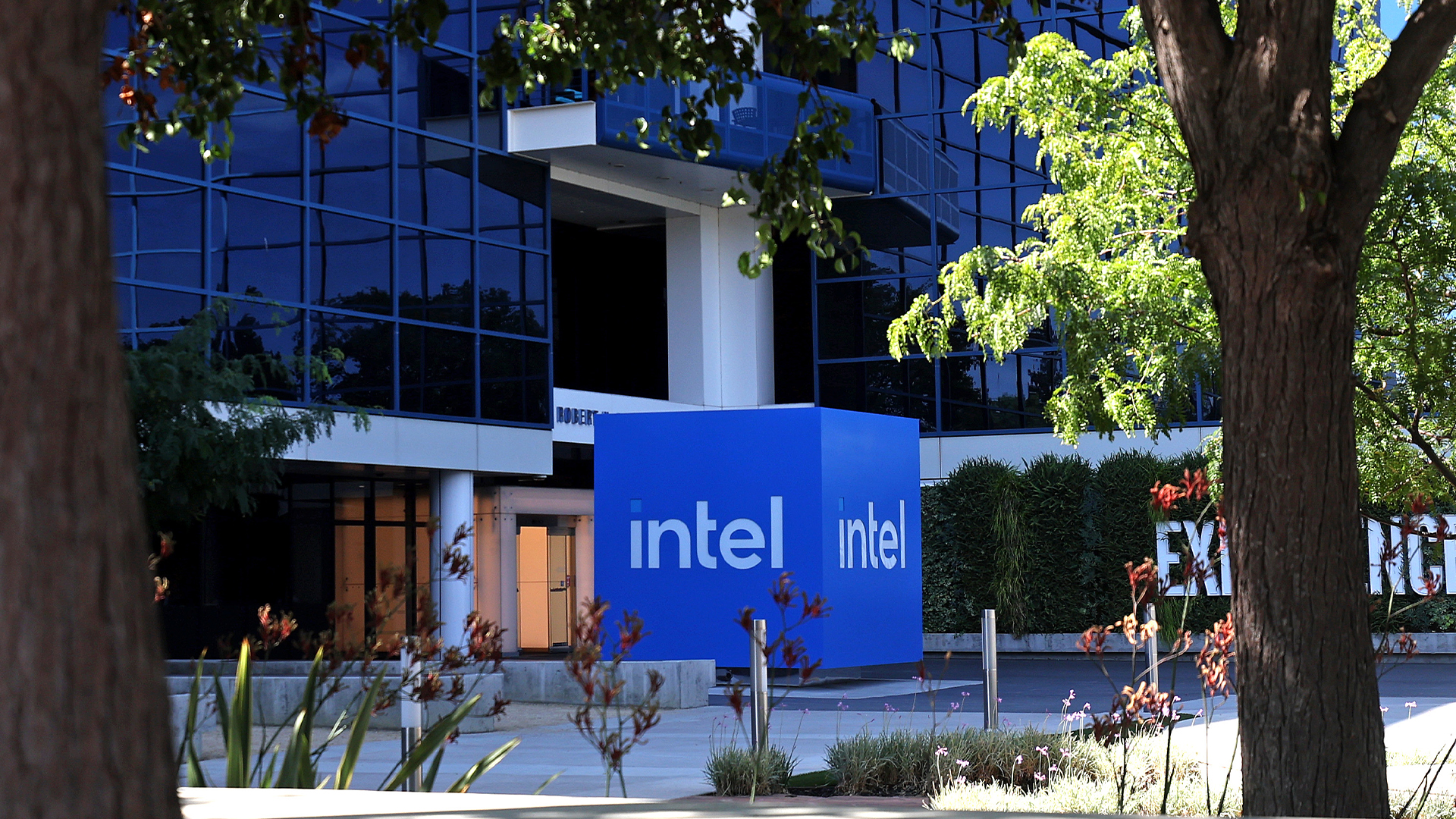Intel warns customers to expect price hike for certain chips
Sources close to the matter said the rises could be anywhere between single digits and more than 20%


Intel has started informing customers of a planned price hike for products in various market segments, while internal sources have reportedly revealed the prices will begin to rise in Autumn 2022 due to the rising costs of production.
The company told IT Pro its plan to raise prices was previously announced in its Q1 2022 earnings call but further details on the products and business segments that will see the hike are yet to be revealed.
According to sources speaking to Nikkei Asia, the products included in the price rise will include those that are core to its PC and server business, in addition to other areas such as the chips required for networking products.
Intel told IT Pro that it has not publicly disclosed the specifics of the price changes, nor has it publicly disclosed the impacted products. However, one source speaking to Nikkei Asia said the percentage increases could be anywhere between the single-digit range and maybe even more than 20%.
A similar price rise was also announced by TSMC, the world’s largest contract chipmaker, saying it planned to hike prices similarly by up to 20%.
The increases may also vary depending on the type of chip. When IT Pro approached Intel for confirmation of the reports, the company said: "On its Q1 earnings call, Intel indicated that it would increase pricing in certain segments of the business due to inflationary pressures. The company has begun to inform customers of these changes".
The semiconductor shortage in the technology industry is well documented and has persisted since 2020 after a range of different factors, such as geopolitical tensions, pandemic-related shifts in demand, and disruptions at foundries across the globe, among other factors, all culminated in a global shortage.
Get the ITPro daily newsletter
Sign up today and you will receive a free copy of our Future Focus 2025 report - the leading guidance on AI, cybersecurity and other IT challenges as per 700+ senior executives
Most businesses that rely on semiconductors have felt the effects of the scarcity, including the GPU market that has famously impacted the video game industry and PC builders.
Cisco is another major company that has experienced financial hardship as a result of the shortage, with the company thought to be sitting on a backlog of orders that it currently can’t fulfil worth billions of dollars.
Most nations around the world are now facing rising inflation rates, in part due to the ongoing war between Ukraine and Russia, combined with the lingering pandemic-related hits to their economies.
RELATED RESOURCE

The field guide to application modernisation
Moving forward with your enterprise application portfolio
It was revealed this week that both the US and UK's inflation rates hit 40-year highs of 9.1%, while the average for countries with advanced economies, members of the Organisation for Economic Cooperation and Development (OECD), has at least doubled since 2020.
The UK is facing a cost of living crisis as consumer prices in areas such as utilities have soared in recent months, and will continue to soar into the new year, according to forecasts.
A quarter of UK businesses are also expecting to raise their prices as a result of rising inflation rates, according ONS figures.
Intel admitted in its most recent earnings report that “the pandemic has significantly increased economic and demand uncertainty,” and that the “demand for [its] products could be materially harmed in the future” as a result.
Questions around when the chip shortage will end are currently met with mixed predictions and Intel had previously warned that it could extend well into 2023.

Connor Jones has been at the forefront of global cyber security news coverage for the past few years, breaking developments on major stories such as LockBit’s ransomware attack on Royal Mail International, and many others. He has also made sporadic appearances on the ITPro Podcast discussing topics from home desk setups all the way to hacking systems using prosthetic limbs. He has a master’s degree in Magazine Journalism from the University of Sheffield, and has previously written for the likes of Red Bull Esports and UNILAD tech during his career that started in 2015.
-
 The gloves are off at Intel as new CEO plots major strategy shift
The gloves are off at Intel as new CEO plots major strategy shiftNews Intel’s incoming CEO has some big plans for the firm’s business strategy, sources familiar with the matter have told Reuters, with more job cuts looming on the horizon.
By George Fitzmaurice
-
 Intel just won a 15-year legal battle against EU
Intel just won a 15-year legal battle against EUNews Ruled to have engaged in anti-competitive practices back in 2009, Intel has finally succeeded in overturning a record fine
By Emma Woollacott
-
 AMD and Intel’s new x86 advisory group looks to tackle Arm, but will it succeed?
AMD and Intel’s new x86 advisory group looks to tackle Arm, but will it succeed?News The pair will look to make x86 CPU architecture more interoperable
By George Fitzmaurice
-
 Why the world is about to be swamped with AI PCs
Why the world is about to be swamped with AI PCsNews With adoption rates set to surge, AI PCs will become far more mainstream in years to come
By Nicole Kobie
-
 Intel needs to “get its story right” to turn things around and capitalize on the AI boom
Intel needs to “get its story right” to turn things around and capitalize on the AI boomAnalysis Intel has entered a period of uncertainty after announcing restructuring plans and a huge round of layoffs
By George Fitzmaurice
-
 How monitors deepen your employee experience and support your distributed workforce
How monitors deepen your employee experience and support your distributed workforcewhitepaper Drive business outcomes by empowering, enabling, and inspiring employees with the right monitors wherever they work from
By ITPro
-
 Driving employee experience and productivity across industries
Driving employee experience and productivity across industrieswhitepaper Monitors are an imperative in the hybrid era
By ITPro
-
 Forrester: Power up your hybrid workplace with monitors
Forrester: Power up your hybrid workplace with monitorswhitepaper Evolve remote work policies into work-and-learn-from-anywhere strategies
By ITPro

